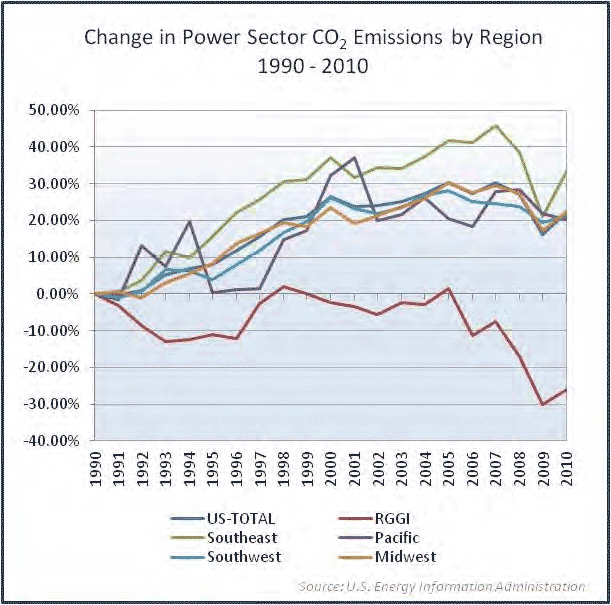4 Misconceptions That Sink Emerging Market Investors
Post on: 31 Март, 2015 No Comment

Emerging market investments can be a great way to expand your portfolio into less-correlated assets. Think about it: Your job, your home and every item you own is tied to the country you live in, so it makes sense to have some investments that aren’t. With that said, there are some common traps that await the unsuspecting investor. In this article, we’ll look at the four most common.
1. Seeing the Growth, but Not the Volatility
Emerging market returns look great on a long-term chart, but if you zoom in on any given month, you’ll likely see peaks and valleys that resemble the Himalayas rather than a steady upward climb. That volatility means that you are not going to get rich quick, nor are you going to be able to jump in and out for an easy profit.
The volatility in emerging markets is a result of many factors, including the less-than-regular flow of information from these markets. When information bunches or events start cascading across a region, the market reaction can be extreme and difficult to predict ahead of time. To be successful at investing in emerging markets, an investor is usually better off investing based on a long-term thesis, rather than any short-term outlook.
Emerging markets tend to come with stability issues. This means that the ruling political parties and the economic conditions can change suddenly — sometimes several times a year. With political instability comes legal uncertainty. One day you are the owner of a share in a promising emerging market company, and the next day you are the former owner of a share in a company that the state now owns. Worse yet, there is not always time to sell beforehand.
This is one of the reasons that the election (or overthrow) of a certain political party can result in investment capital pouring out of a country. If a party is on record as having a desire to nationalize assets, investors usually go by the old adage, better safe than sorry. To act on this, however, an emerging market investor has to keep an eye on international news events.
3. Abroad Is Diversity Enough
If you are in emerging markets for diversification. then you need to make sure you are actually getting exposure to different economic areas. The world is split up in many different ways, but the economic blocks are usually listed as Asia, Europe, North America, South America and Africa. Deciding which countries belong to which block is difficult — sometimes Russia is grouped with Europe, sometimes with Asia.
Categorizing difficulties aside, the countries within these blocks tend to correlate heavily with each other, so investing in five different Asian countries may get you no broader diversification than investing in five different states. If diversity is your main goal, then it is important to go beyond a single world region. Exchange-traded funds (ETFs) are a very powerful tool for an investor looking for diversity abroad. These funds take off some of the upside that can come with direct investments, but they also reduce the risks by spreading the investment across a region’s top stocks.














